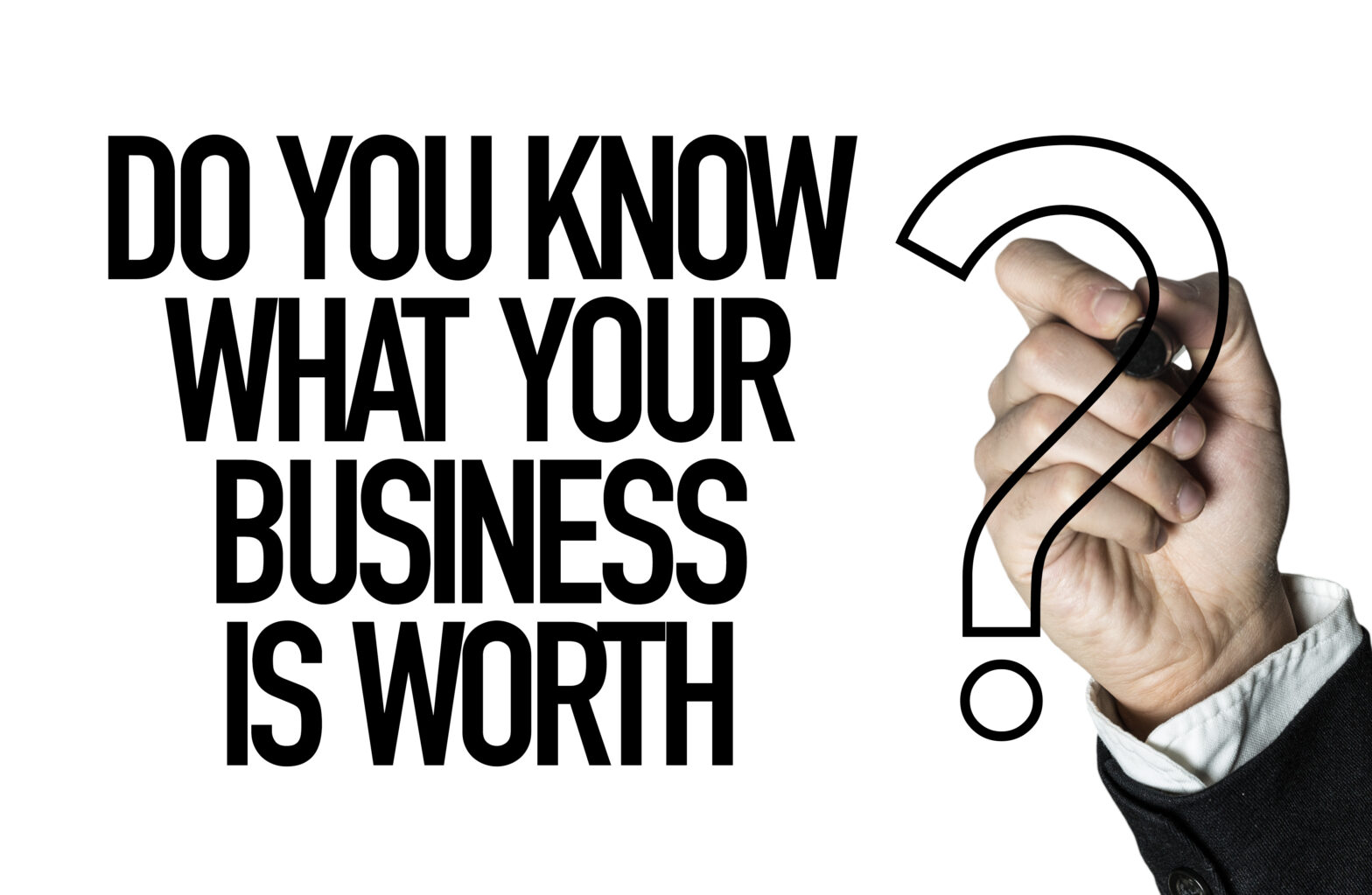Conventional wisdom states that business owners preparing their company for an exit should concentrate on growing profits.
Conventional wisdom states that business owners preparing their company for an exit should concentrate on building its profitability.
The trouble is very few buyers buy a company for its historic profitability. In fact, acquirers only ever buy the company’s future and more importantly, its potential for future growth. So in determining how to increase the value of your business for sale there is little point focusing on what your company looked like for the last five years under your ownership, or even what it is going to look like in two years’ time under your ownership.
Instead, you should focus on what the company is going to look like when the buyer injects investment, energy, new thinking and their clients to your existing products and services in order to create a truly scalable business.
Bearing the above in mind, here are ten areas where you really can increase the value of your business to an acquirer.
1. Your clients. Your client list is one of the main reasons a buyer will be attracted to your company. However, it’s not quantity that matters, it’s quality. Your acquirer will be interested in how many active clients you have and the quality and regularity of your income from those clients. Preparing testimonials and case studies can help too.
2. Sales and marketing. When a strategic approach is applied to this area, it is not unusual to find between three and five untapped sales channels. For instance, look at companies with complementary but non-competing products. Selling your services through them could provide added value to your own clients as well as to theirs. Identify your trading cycles and ensure you make provision for the leaner months. Would selling to other sectors offset cash flow issues during these periods?
3. Culture. Increasingly, the culture of a company plays a significant role for buyers. They want to know that the staff are not going to up and leave as soon as they acquire the company and they realise that there is far less chance of this if there is a strong culture prevalent within the vendor’s company. Company structure, communication and methods of measuring and rewarding achievement are all key here. Consider entering one of the plethora of business awards that focus on employees: not only do they set you apart from the competition but they often provide a focal point for your cultural strategy.
4. Systems and processes. The effectiveness of many companies is determined by their systems and processes. Demonstrating to a potential buyer that you know what they are and how they aid the company will give them confidence in the efficiency of your organisation. Pay particular attention to whether your systems allow for changing market or client needs. Are they a help or a hindrance, just being adhered to because that’s the way you have always done things?
5. Product. This is a key area when seeking to increase the value of your business for sale. Ask yourself this question. Do you have a process or framework which determines the products you develop or the process by which they are developed? In 99 out of 100 cases, the answer will be no. Most companies just let their products evolve, trying to meet a potential client need that is never realised or a whim of a team member who thinks this new product is a good idea. Your product strategy needs both thought and direction.
6. Position. Your position in the market is what your clients or potential clients think of when they think of your company. If there are simply too many things to remember, it is unlikely that you will spring to mind as the company to turn to. A great example of positioning is, ‘it does exactly what it does on the tin’, a phrase devised for Ronseal in 1994 and still going strong today.
7. A scalable business model. This is one element which can attract a very high valuation multiple. However, scalability is not about getting bigger in terms of size or geography; it’s about doing a job once and getting paid for it over and over again. To be truly scalable, there are two key criteria. The first is that the cost of each pound in revenue should be decreasing as the company grows. Ideally it should be approaching zero. The second is that if your company is wholly reliant on one or two individuals, then it is simply not scalable. Ensure you streamline your business. Make the complex as simple as possible, look for areas where you can gain recurring revenues and shape your business so that heroic efforts become unnecessary.
8. Succession planning. You may have started the business, but to make it attractive to an acquirer it must be able to do without you.
9. Brand. In order to maximise your business value it is necessary to understand the most important drivers of your brand value. In short, why do customers or clients choose to come to you over your competitors? While professional help may be useful, you can undertake market and competitor analysis and stakeholder interviews yourself to help clarify the position and to inform a basic scorecard which you can use to track and measure your performance.
10. Factors decreasing your value. I have discussed factors which can significantly increase the value of your business, but you also need to be mindful of those which can severely undermine that value. These include your cost management, your revenue management, your risk profile, and perhaps most importantly. the quality of your management team.
Julia Payne is co-founder of Incisive Edge, which advises on exit strategies and business growth.





